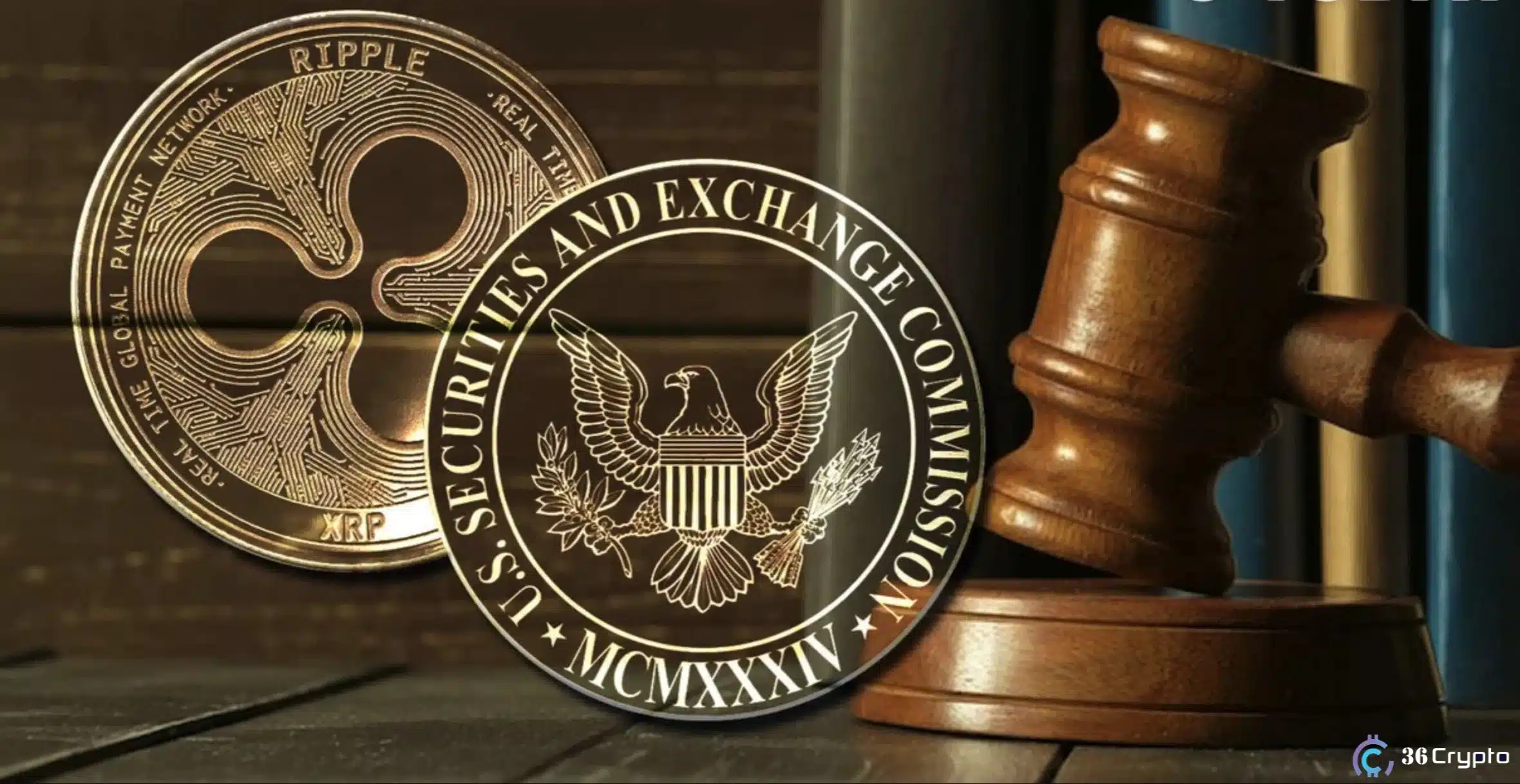Ripple’s Chief Legal Officer, Stuart Alderoty, recently took to social media platform X to underscore a significant legal development in the ongoing battle between the U.S. Securities and Exchange Commission (SEC) and the cryptocurrency industry. The SEC faced a major setback in its lawsuit against Kraken, one of the largest crypto exchanges in the U.S., as the court rejected the agency’s claim that crypto assets could be classified as securities. Alderoty stressed that this verdict is one more loss of the SEC in its attempts to regulate the crypto market using enforcement measures.
Also Read: Ripple and Bank of America Relationship Sparks Speculation
Court’s Ruling Challenges SEC’s Broad Claims
In the order made by the court, Kraken’s Chief Legal Officer Marco Santori noted that the court rejected with alacrity a contention by the SEC that tokens transacted on Kraken’s platform are securities. The ruling is seen as a win for Kraken, indicating that the tokens were not deemed securities under U.S. law. While the court said that tokens are not securities, it allowed the lawsuit to go to the discovery stage, meaning that some agreements involving the tokens may be deemed security.
Santori hailed the ruling as a significant win for Kraken, stating that the court found the SEC’s concept of a “crypto asset security” unclear and confusing. The court criticized the SEC’s approach, noting that the agency had consistently mischaracterized Kraken’s position, particularly by suggesting that a “written contract” is necessary for a transaction to be deemed a security.
Kraken Still Faces SEC Lawsuit Over Exchange Operations
Nevertheless, Kraken is still stuck facing accusations that it provides an unregistered securities exchange under the SEC’s jurisdiction in the United States. The presiding judge, U. S. District Judge William H. Orrick, established that the SEC had provided sufficient evidence that certain transactions in cryptocurrencies conducted by Kraken may meet the definition of investment contracts and, therefore, securities regulated under the United States of America law.
Kraken had moved to dismiss the lawsuit, claiming that the SEC’s allegations were false. However, the court’s decision to allow the case to proceed suggests that Kraken must continue its legal struggle to defend its activities.
The verdict in the Kraken case is identical to one issued in the current litigation against Ripple. In both cases, while the courts have rejected the notion that tokens themselves are securities, they have allowed the lawsuits to proceed based on the agreements surrounding those tokens. These rulings represent a significant challenge to the SEC’s regulatory strategy and may have far-reaching implications for the future of cryptocurrency regulation in the United States.
Also Read: Ripple Braces for Potential SEC Appeal Amid Partial Court Victory
